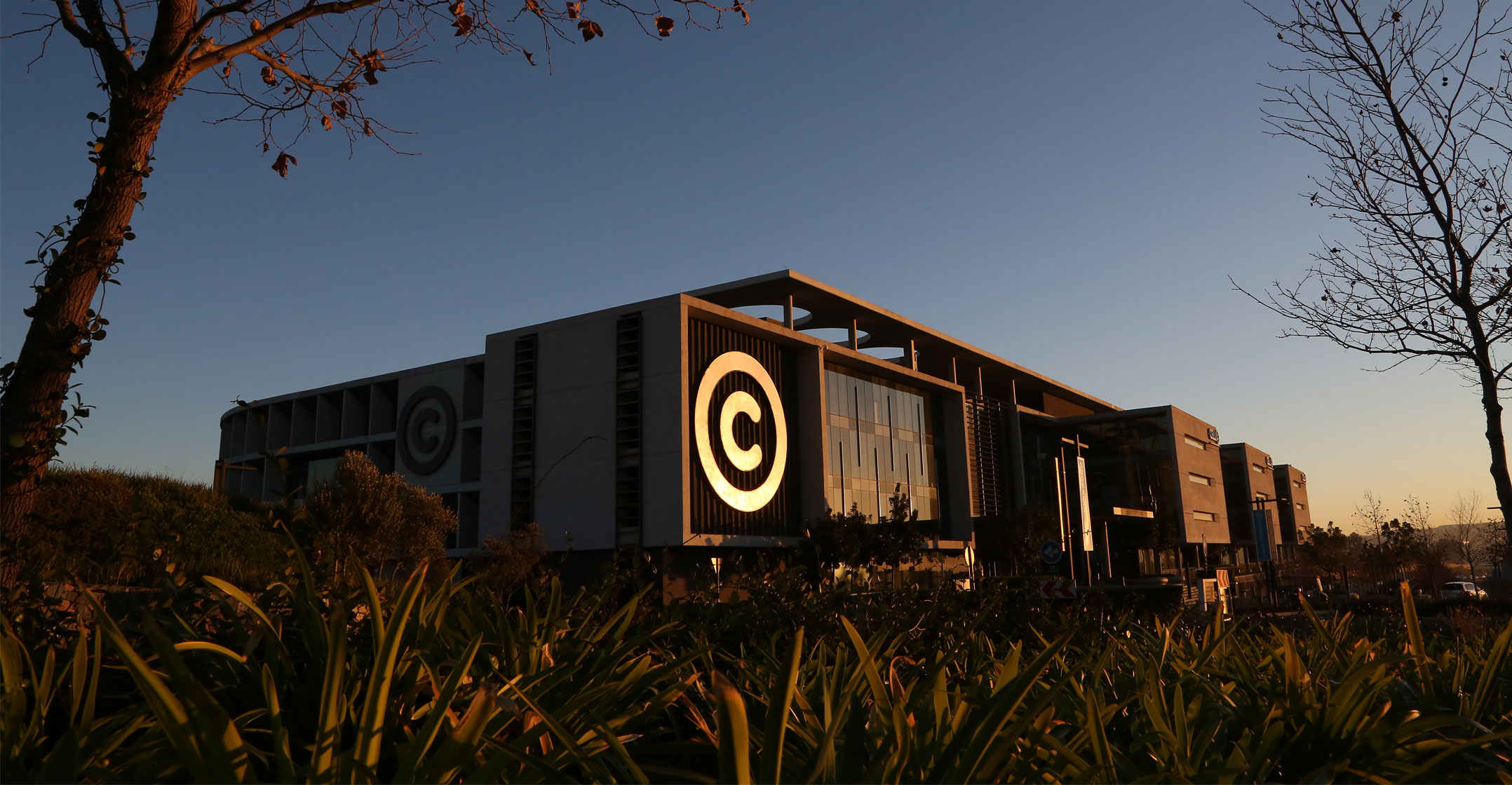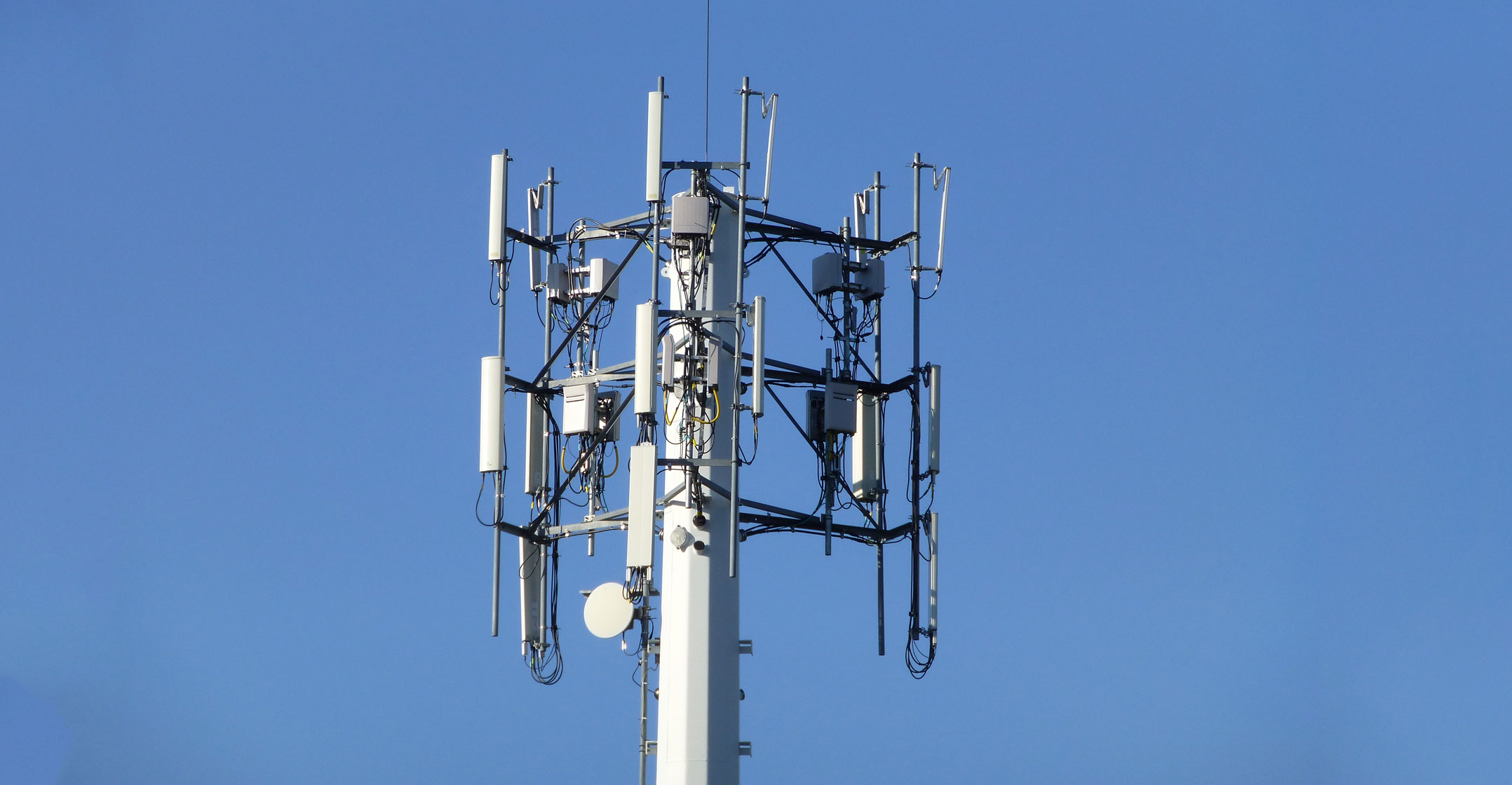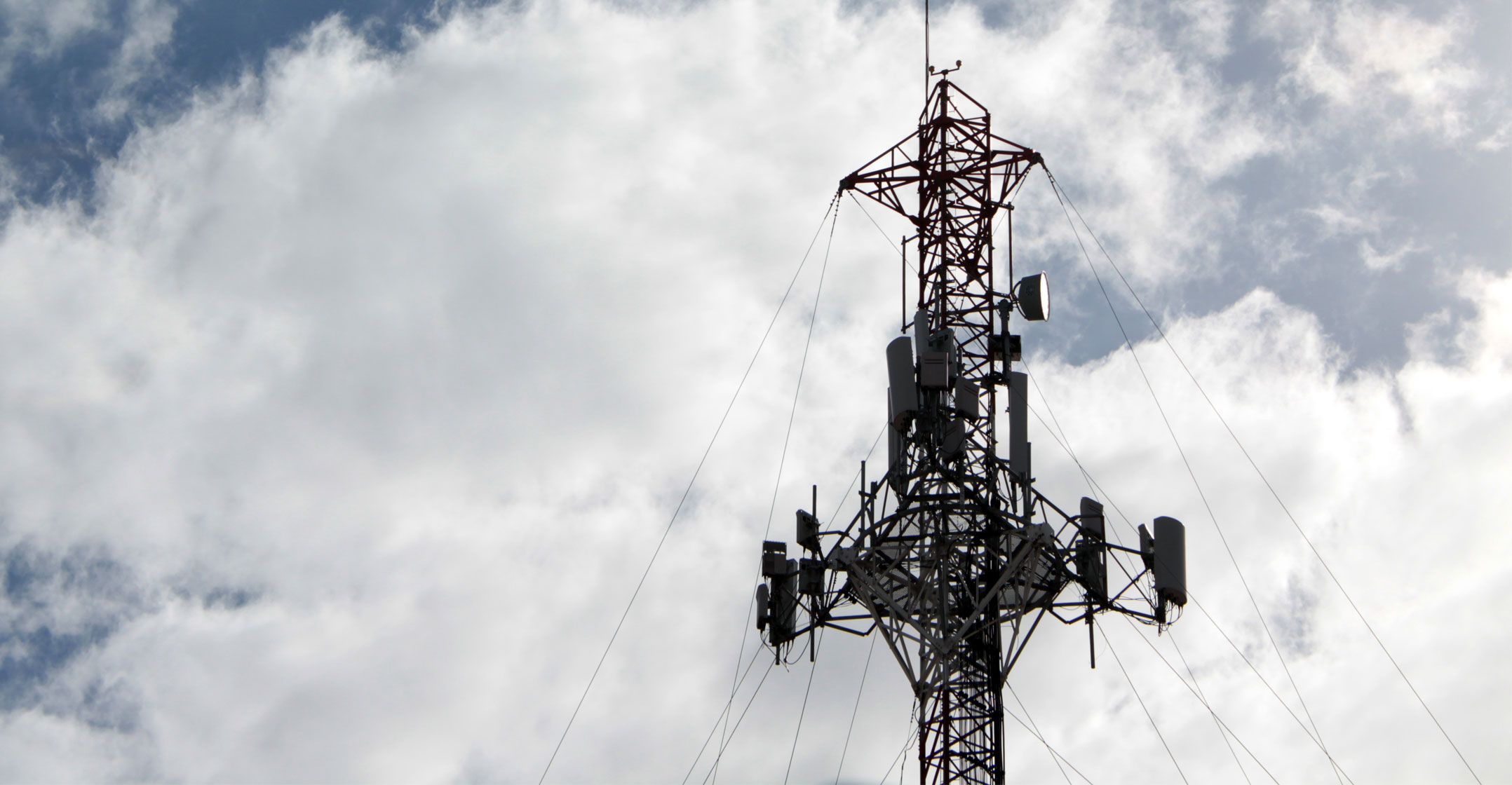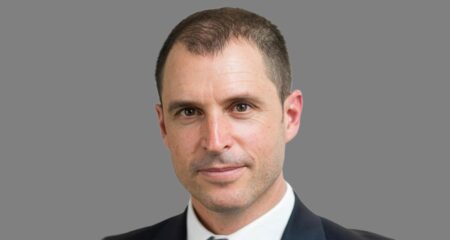 The pending further recapitalisation of mobile operator Cell C and a clean-up and restructuring of the business is the last chance for the financially troubled company to fix itself and get onto a solid competitive footing.
The pending further recapitalisation of mobile operator Cell C and a clean-up and restructuring of the business is the last chance for the financially troubled company to fix itself and get onto a solid competitive footing.
“We don’t have another chance to do this again. We have to do this right,” interim CEO Douglas Craigie Stevenson said in an interview late on Thursday.
Craigie Stevenson, who recently replaced Jose Dos Santos in the hot seat at South Africa’s third largest mobile provider, was speaking to TechCentral following his publication of a frank open letter to stakeholders that caused the share price of the company’s largest shareholder, Blue Label Telecoms, to fall sharply on Thursday.
In the letter, he wrote that Cell C has appointed the law firm Bowmans to investigate “any parts of the business where we suspect that there may be irregular business practices and have also hired PwC to do a full procurement audit and review of our processes”. It has also appointed Deloitte as independent financial restructuring advisors to assist in “optimising business processes”. The company “continues to face real challenges” and is in “active discussions” with stakeholders “with a view to achieving a secure financial position”.
It has “implemented significant austerity measures and has cut costs which do not contribute to revenue-generating activities, including a review of all contracts to ensure alignment with business priorities and a hiring freeze”.
Took fright
Investors in Blue Label took fright at the news, worried that Cell C appointed Bowmans because it had uncovered significant problems that require forensic investigation. But that’s not the case, Craigie Stevenson said in his interview with TechCentral.
“This must be looked at in context of Bowmans, PwC and Deloitte together,” he said. “As the new management, I want to ensure there is adequate clarity and transparency in the organisation. PwC will advise on Cell C’s procurement processes, while Bowmans will provide general legal advice and Deloitte will assist with the recapitalisation. Pressed several times whether there are specific issues that had been identified, requiring investigation by Bowmans, Craigie Stevenson said there are none.
“There is nothing to elaborate on. I’ve brought them in to make sure I can get the comfort for everyone that things are done correctly. There has been a lot of mystery around this company and what’s going on — lots of rumours and speculation and things. There are no specific things (Bowmans has been asked to investigate). I am looking at all the areas in the business. It’s a view across the whole business to ensure I have the right people advising me.”
 On PwC’s role specifically, he said he wants someone with a “fresh eye” to look at the company. “This company has been around for 19 years. Operational management has been here a long time. You want to ensure you have a view of the turnaround of the business. You want someone with a fresh eye and someone to challenge management, to fire up management.”
On PwC’s role specifically, he said he wants someone with a “fresh eye” to look at the company. “This company has been around for 19 years. Operational management has been here a long time. You want to ensure you have a view of the turnaround of the business. You want someone with a fresh eye and someone to challenge management, to fire up management.”
He said Cell C needs to be “rightsized” and “optimised”. “We want to think about the business differently,” he added. Though a hiring freeze is now in force, this rightsizing will not entail a jobs bloodbath, but staff will need to be trained in new areas. “We want to grow the business. This is not about job losses. There will be different jobs, but not job losses.”
His top priority in solving Cell C’s challenges and putting it on a platform for growth is concluding the recapitalisation of the company. It is at an advanced stage of discussions with Jonathan Beare’s Buffet Consortium for a fresh capital injection. A final term sheet is expected in the coming months, with the process expected to be wrapped up by October or November. “There are no big sticking points” in concluding the deal, he said.
Next on the priority list is the turnaround of the business and ensuring money is spent in the most efficient way possible. A relentless focus on cost management is key, Craigie Stevenson said, and it’s here the external consultants will play an crucial role. “There is a lot we need to look at in terms of our contracts. We need to challenge ourselves.”
‘Forced’
“Post the recapitalisation, you want a business that is ready to grow. This is a very capital- and cost-intensive business. We are now being forced, by virtue of our capital structure, to make the right decisions.”
One area where spending will be scaled back is Black, Cell C’s video-streaming service, which has failed to meet the company’s expectations.
“We are not going to pull the plug on Black, but I will tone down the investment into it and then use it as a product value enhancer and churn reduction mechanism as we go into a converged environment,” he said. “As a standalone, it’s not going to work, but it has to be integrated into your product set. Black could have done better.”
 Cell C will also deploy capex more efficiently by investing in “platforms that can generate value-added services”, he said. “The capex stack must go beyond the core megs and minutes.”
Cell C will also deploy capex more efficiently by investing in “platforms that can generate value-added services”, he said. “The capex stack must go beyond the core megs and minutes.”
He conceded that it will be difficult for the company to participate in the upcoming spectrum auction by communications regulator Icasa. He said the company is still hopeful about government’s plan to create a wholesale open-access network, or Woan, which it is keen to be involved in. Even if Cell C doesn’t participate in the spectrum auction, it will still have access to additional spectrum through its roaming arrangement with MTN.
Meanwhile, a planned listing of Cell C — championed by Craigie Stevenson’s predecessor, Dos Santos — is now on the backburner. “You list this business when you can extract the best value of out of it. Execution in the business must be set down first.” — © 2019 NewsCentral Media




